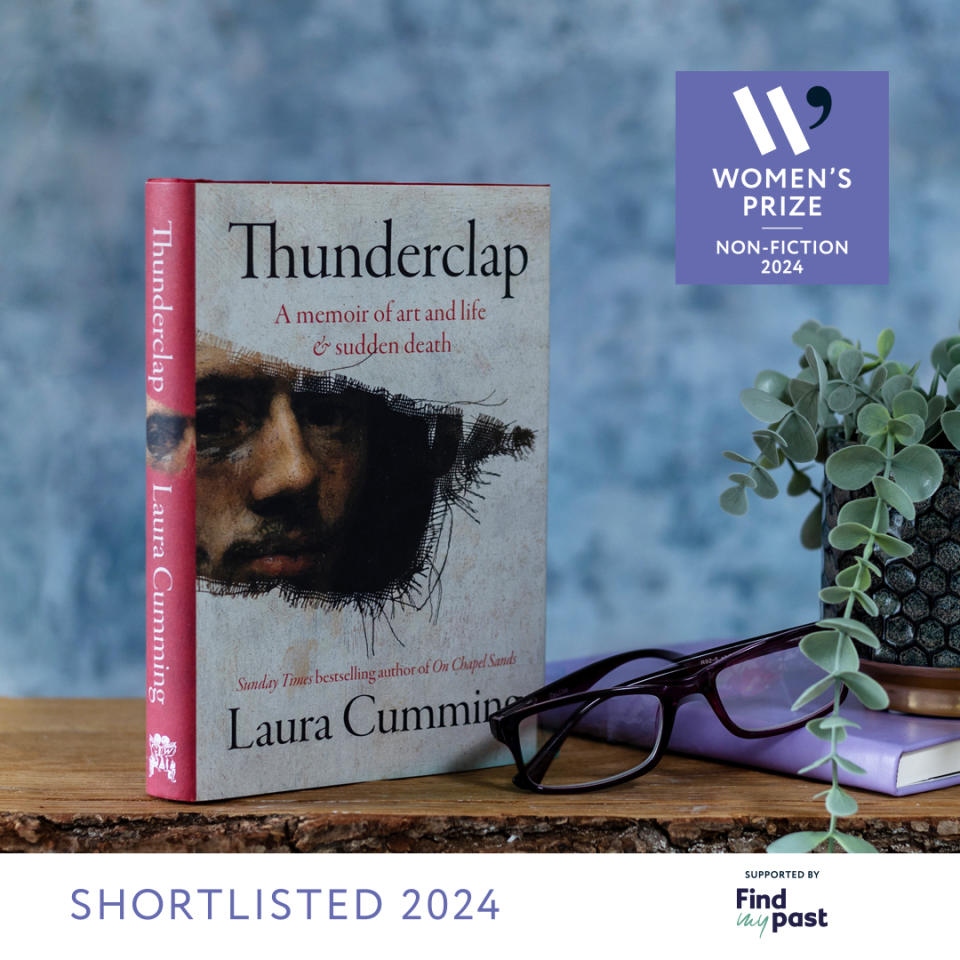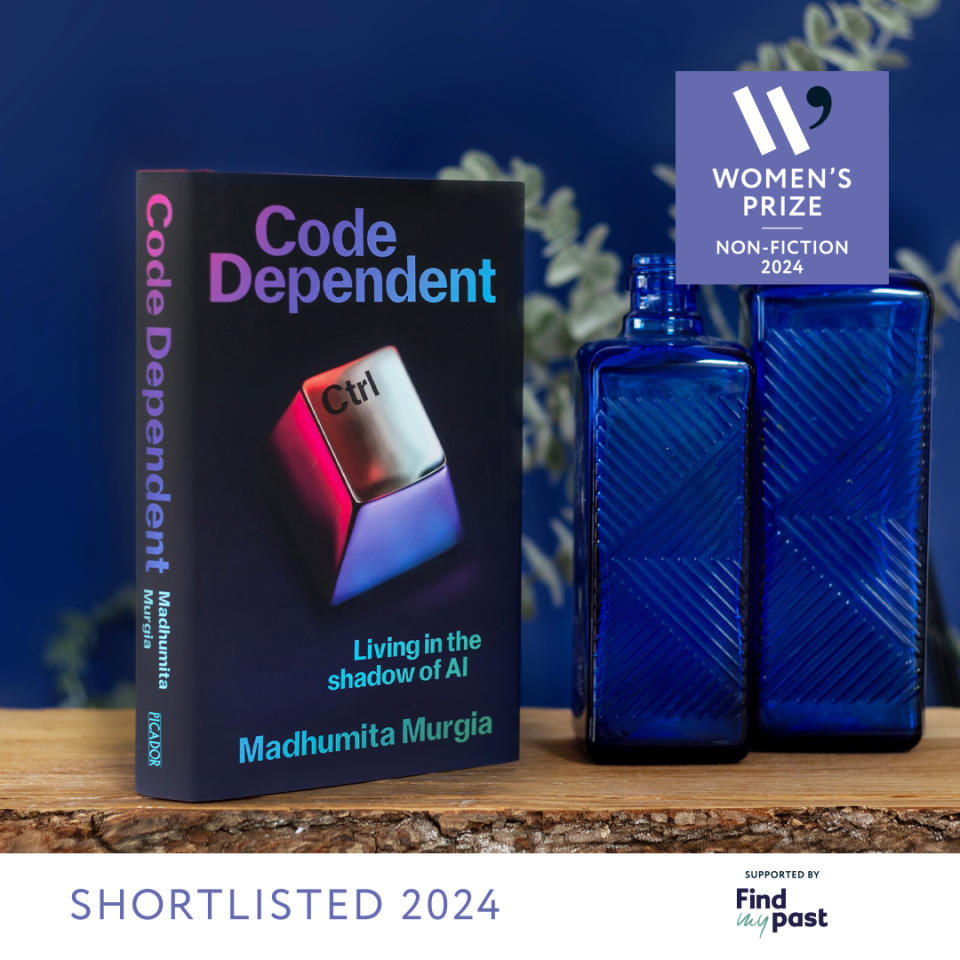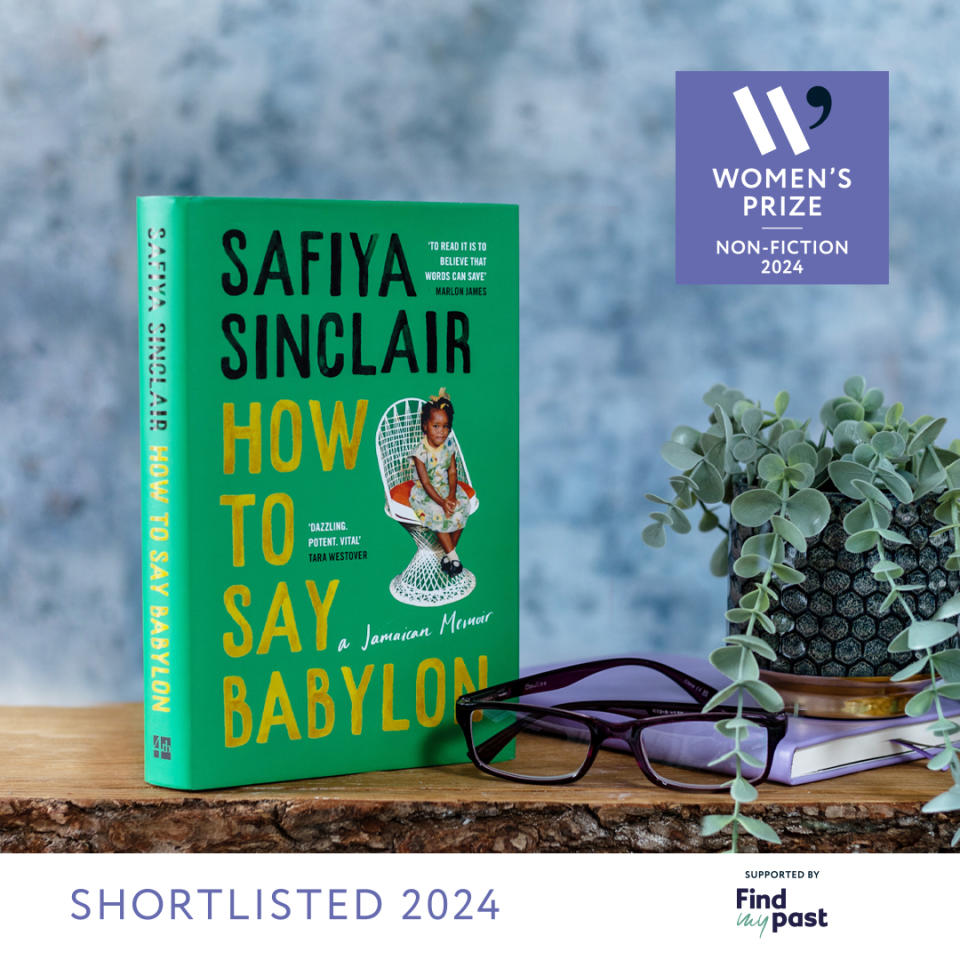Inaugural Women’s Prize for Non-Fiction shortlist revealed
Artificial intelligence, online politics, and enslavement are among the themes explored in the six books shortlisted for the inaugural Women’s Prize for Non-Fiction.
The new sister award to the Women’s Prize for Fiction, now in its 29th year, aims to celebrate “excellence, originality and accessibility” in narrative non-fiction.
Laura Cumming, Noreen Masud and Madhumita Murgia are among the three British writers on the list, alongside Canadian author Naomi Klein, American Tiya Miles and Jamaican Safiya Sinclair.

Journalist and art critic Cumming has been nominated for her book Thunderclap: A Memoir Of Art And Life And Sudden Death, which explores the relationship between art and life while reflecting on her story and that of her late Scottish painter father, and the great artists of the Dutch Golden Age.
Masud, an English lecturer at Bristol University, has been shortlisted for her memoir A Flat Place.
The book, which is her first written for a non-academic readership, follows her journey across Britain’s flatlands, from Orford Ness to Orkney, as she weaves her experiences of the natural world with poetry, recollections of her own early life and thoughts on her British-Pakistani heritage.
Murgia, who is the first artificial intelligence (AI) editor of the Financial Times, has been nominated for Code Dependent: Living In The Shadow Of AI.
Her work delves into the complexities of AI and automated decision-making and the effect powerful technologies can have on individuals, communities and society at large.

Award-winning author Klein’s shortlisted work, Doppelganger: A Trip Into the Mirror World, charts her exploration of the online world of “conspiracy theories, anti-vaxxers and demagogue hucksters” after she discovered that a woman who shares her first name, but has radically different views, was getting mistaken for her.
Harvard historian Miles’ has been shortlisted for her book All That She Carried: The Journey Of Ashley’s Sack, A Black Family Keepsake.
It tells the story of an embroidered sack which originally belonged to an enslaved woman through the use of archival records, objects, art and the environment.
Miles has previously written three prize-winning works on the history of early American race relations and is a professor of history at Harvard University.
Rounding off the shortlist is poet Sinclair, who has been selected for her memoir about her childhood in Jamaica, titled How To Say Babylon.
It recounts the tyrannical reign of her father, described as a “volatile reggae musician”, and how she escaped his strict Rastafari ideals.
It recently won the autobiography category of the National Book Critics Circle Award.

The chairwoman of the Women’s Prize for Non-Fiction judges, Professor Suzannah Lipscomb, said: “Our magnificent shortlist is made up of six powerful, impressive books that are characterised by the brilliance and beauty of their writing and which each offer a unique, original perspective.
“The readers of these books will never see the world – be it through art, history, landscape, politics, religion or technology – the same again.”
Lipscomb is joined on the judging panel by fair fashion campaigner Venetia La Manna, academic and author Professor Nicola Rollock, biographer and journalist Anne Sebba, and 2018 winner of the Women’s Prize for Fiction Kamila Shamsie.
The Women’s Prize for Non-Fiction is awarded to a work of narrative non-fiction written in English by a woman and published in the UK.
The 2024 winner will be crowned at the Women’s Prize Trust’s summer party in central London on Thursday June 13.
She will receive a £30,000 prize and a limited-edition artwork known as The Charlotte, both donated by the Charlotte Aitken Trust.

 Yahoo News
Yahoo News 
